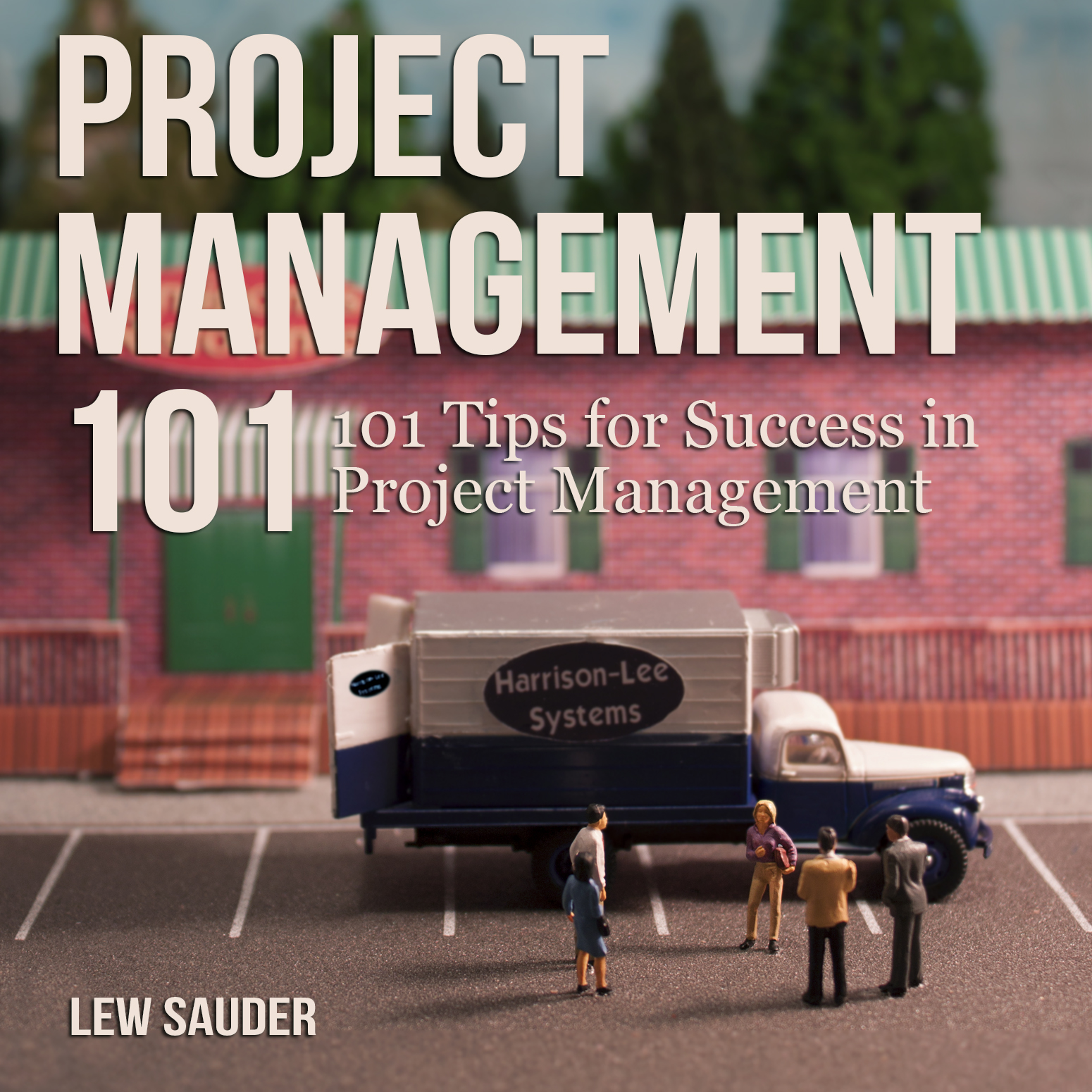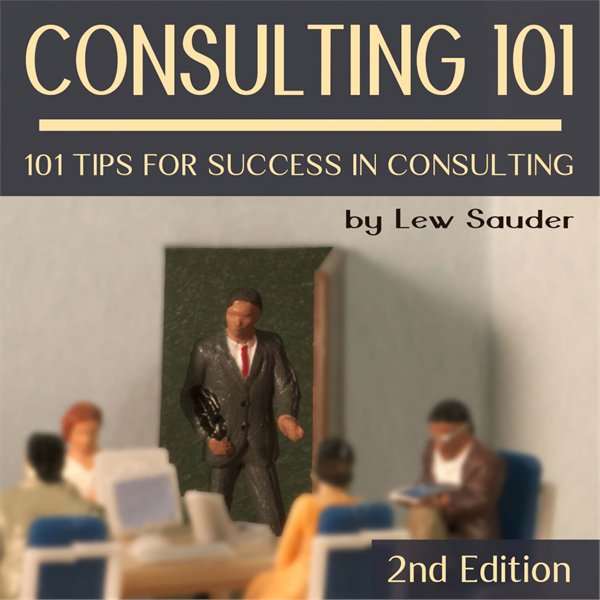In last week’s blog, I detailed 8 Tips for Meeting Facilitators. This week, I’ll discuss 7 tips for meeting participants.
1) Be on time. I know, this was a tip for the facilitator, but it applies to everyone. If you are a lower level worker who habitually shows up late, you can limit your upward mobility. People may think you are too inconsiderate of other people’s time to be prompt, or they may think you are too disorganized to be assigned to an important project. Either way, people may no longer want to work with you.
If you are higher up on the food chain, being habitually late for meetings will set an example for everyone that reports to you. If it’s okay for the goose, the ganders will start showing up late too. This will not only affect your team’s reputation, but their performance as well.
No matter what level you are in the company, promptness is a sign of respect.
2) Listen, don’t multitask. Everyone gets stuck in a meeting that they don’t need to be in. You sit there and realize, I have nothing of value to add to this meeting, nothing to gain from it, and an hour that I have to burn. The first inclination is to pull out your phone, tablet or laptop and catch up on email, Twitter, Facebook, House of Cards, whatever is NOT this meeting.
Even people who have something to add or to gain in a meeting think they can remain engaged while catching up on the “hundreds of emails I get a day”, a complaint that seems to justify meeting multitasking.
No matter what level you are in the company and no matter what role you have in the meeting, multitasking is a statement, and that statement is, “I am so much more important than this meeting. You folks continue talking and I’ll jump in when it’s important enough for my involvement.”
In my opinion, it is much more polite to excuse yourself from the meeting, telling the organizer to send you the meeting minutes afterward. If you need to be in the meeting, close down all of your electronics and participate.
For further reading check out How to Facilitate Project Communication
3) Come prepared. When you find yourself invited to a meeting and don’t have the first clue what the meeting is about, don’t just show up and ask, “What is this meeting for anyway?” Do five minutes of homework. If an agenda has been provided, read it. If no information has been provided, contact the meeting organizer and ask what will be discussed and if there is any information you need to prepare. Additionally, based on the attendee list, try to think of questions you may be asked so you can be prepared.
You may find out that you have been invited by mistake or that you don’t need to attend. Those five minutes could save you an hour or more from your schedule.
4) Help keep the meeting focused on its purpose. Even the best of facilitators have trouble bringing a meeting back on topic. Sometimes they don’t know the material being discussed well enough to know that it has gone off-topic. Other times, the person derailing the meeting is a more powerful person in the company that the facilitator isn’t comfortable redirecting.
If you feel the meeting has gone off track, speak up and say so. If the meeting attendees or the facilitator disagree, it’s not a black mark on your record. You essentially offered to help and it wasn’t needed. Most meeting attendees will appreciate you helping. In most cases, if you think the meeting is off track, others agree and were probably afraid of speaking up.
5) Be prepared to take notes. Whatever you use to take notes, bring something. This could be as Paleolithic as a note pad and a pen, or a laptop or tablet. In any meeting you may need to note something like an action item. It’s bad form to walk into a meeting empty handed.
I acknowledge that this contradicts tip #2 on multitasking. Bringing a laptop to take notes is much different than using it in a meeting to read your emails. It’s a matter of engagement. People will know if you are taking notes in the meeting or doing other work on your device.
6) Stay engaged. As I mentioned before, every once in a while, you find yourself in a meeting that you neither want, nor need to be in. Since you can’t use your electronic devices, what do you do? You can start daydreaming, planning for the party you’re having this weekend, but that will show that you’re as unengaged as using one of your devices.
Use the time to learn about another aspect of the company. Listen to the discussion and set a goal of trying to learn five things you didn’t already know. You may never use that information again, but it could give you another perspective on the company or of that department that you hadn’t had before.
7) Follow up. If you are given an action item in a meeting you have two responsibilities. Do it and let people know when you’ve done it. It’s common for people to be given assignments in a meeting, only to have them dissipate like the morning fog in the sunrise. This is usually because meeting facilitators don’t hold their participants accountable for their assignments.
Related Post: Here’s to Shorter Meetings, Fewer Meetings
As a participant, take the initiative to do what you committed to do. After that, announce the results to the team. This can be via an email to all of the meeting participants or by reporting back in a follow-up meeting. People will appreciate you doing what you said you would do. It will also set an example to the rest of your coworkers.
Conclusion
Attending meetings is more than just finding the conference room and filling a seat. It is a responsibility to participate. Set the example for the rest of the team on being considerate and engaged in every meeting you attend.
If you would like to learn more about a career in Project Management, get Lew’s book Project Management 101: 101 Tips for Success in Project Management on Amazon.
As always, I welcome your comments and criticisms.






0 Comments
Trackbacks/Pingbacks